A little known episode from the life of Stalinist security police office Julia Brystiger. Her nickname Bloody Luna was a reference to her incredibly brutal methods of interrogation. In the early 1960s, she appears in a centre for the blind on the outskirts of Warsaw, a place often visited by Cardinal Wyszyński, whose imprisonment in 1953-1956 Brystiger supervised personally. During a difficult and heated discussion with the cardinal, Brystiger denounces the communist ideology and begs for forgiveness for her crimes and for guidance in her search for God.
Related Movies
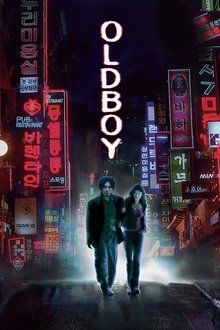
Oldboy (2003)
With no clue how he came to be imprisoned, drugged and tortured for 15 years, a desperate man seeks revenge on his captors.

Adam's Apples (2005)
A neo-nazi sentenced to community service at a church clashes with the blindly devotional priest.
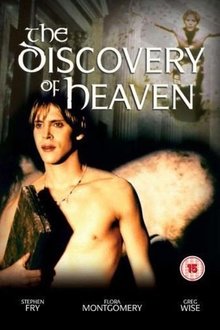
The Discovery of Heaven (2001)
Disappointed with humanity, God wants to revoke his contract with humanity and wants to take back the stone tablets containing the ten commandments. To this end an angel is sent out to affect the personal lives of three humans so an appropriate child may be conceived.

Brother of Sleep (1995)
In the beginning of the 19th century, Johannes Elias Alder is born in a small village in the Austrian mountains. While growing up he is considered strange by the other villagers and discovers his love of music, especially rebuilding and playing the organ at the village church. After experiencing an "acoustic wonder", his eye color changes and he can hear even the most subtle sounds.
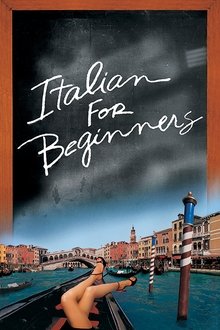
Italian for Beginners (2000)
Several lonely hearts in a semi-provincial suburb of a town in Denmark use a beginner's course in Italian as the platform to meet the romance of their lives. The film, which unspools the connections and family drama shared between the students, complies with several aesthetic principles of Dogme 95 movement.
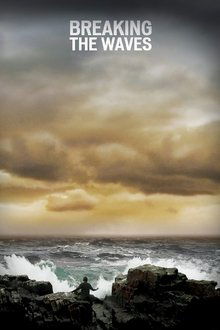
Breaking the Waves (1996)
In a small and conservative Scottish village, a woman's paralytic husband convinces her to have extramarital intercourse so she can tell him about it and give him a reason for living.
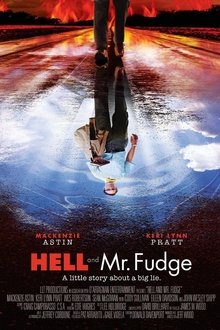
Hell and Mr Fudge (2012)
Hell and Mr. Fudge is an 2012 American drama film directed by Jeff Wood and written by Brian Phillip Stoddard. Based on a true story, the film stars Mackenzie Astin as Edward Fudge, an Alabama preacher who has been hired to determine the existence of hell.
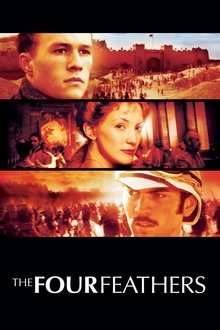
The Four Feathers (2002)
A young British officer resigns his post when he learns of his regiment's plan to ship out to the Sudan for the conflict with the Mahdi. His friends and fiancée send him four white feathers as symbols of what they view as his cowardice. To redeem his honor, he disguises himself as an Arab and secretly saves their lives.
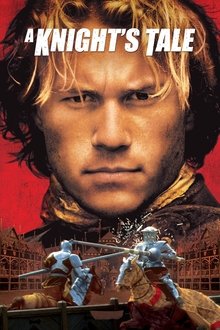
A Knight's Tale (2001)
William Thatcher, a knight's peasant apprentice, gets a chance at glory when the knight dies suddenly mid-tournament. Posing as a knight himself, William won't stop until he's crowned tournament champion—assuming matters of the heart don't get in the way.

Yes, God, Yes (2017)
Fifteen-year-old Alice has always been a good Catholic, but when an innocent AOL chat turns unexpectedly racy, she finds herself suddenly obsessed with sex.
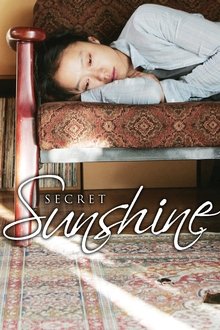
Secret Sunshine (2007)
Shin-ae moves to her recently late husband’s hometown. Despite her efforts to settle in this unfamiliar and too-normal place, she finds that she can’t fit in. After a sudden tragedy, Shin-ae turns to Christianity to relieve her pain, but when even this is not permitted, she wages a war against God.
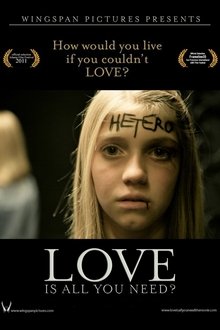
Love Is All You Need? (2011)
Ashley was raised in a picture perfect all-American family with two moms, two grandpas, two uncles, and a little brother. But Ashley has a problem, she has a crush on a boy at school, which is against everything this world has ever taught her.

Laia (2016)
"Laia" is located in the imaginary village of Sinera, a fishing village inhabited by a series of extreme characters, indiscriminately diverted to the adversities of destiny. There, Laia lives, a woman marked by a miserable and unhappy childhood, that is debated between her cruel husband and lover who is his best friend and faces the hatred of a whole town while dreaming of a freedom that only the sea can grant.
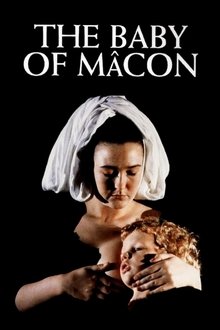
The Baby of Mâcon (1993)
Set halfway through the 17th century, a church play is performed for the benefit of the young aristocrat Cosimo. In the play, a grotesque old woman gives birth to a beautiful baby boy. The child's older sister is quick to exploit the situation, selling blessings from the baby, and even claiming she's the true mother by virgin birth. However, when she attempts to seduce the bishop's son, the Church exacts a terrible revenge.
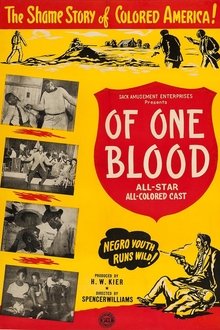
Of One Blood (1944)
After losing their parents in a flood at a young age, two brothers grow up to become a police officer and a lawyer, working with a local newspaper owner to help rid the city of bootlegging gangsters.
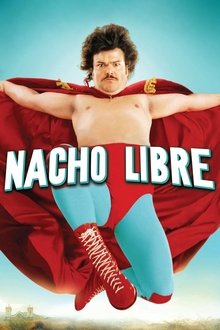
Nacho Libre (2006)
Nacho Libre is loosely based on the story of Fray Tormenta ("Friar Storm"), aka Rev. Sergio Gutierrez Benitez, a real-life Mexican Catholic priest who had a 23-year career as a masked luchador. He competed in order to support the orphanage he directed.
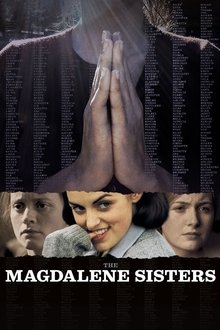
The Magdalene Sisters (2002)
Three young Irish women struggle to maintain their spirits while they endure dehumanizing abuse as inmates of a Magdalene Sisters Asylum.
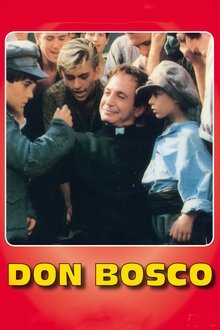
Don Bosco (1988)
This film depicts the life of Saint John Bosco, who dedicated his life to rescuing abandoned and exploited street children in Turin.
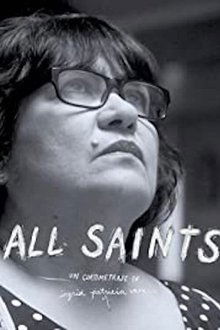
All Saints (2019)
Strung together by the Catholic Church, a confession booth, and the Rosary, All Saints is a voyeuristic and light-hearted character study and commentary on womanhood, religion, and culture.
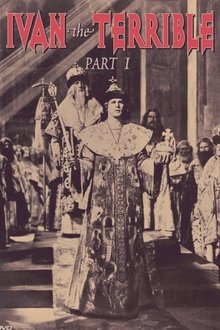
Ivan the Terrible, Part I (1944)
Set during the early part of his reign, Ivan faces betrayal from the aristocracy and even his closest friends as he seeks to unite the Russian people. Sergei Eisenstein's final film, this is the first part of a three-part biopic of Tsar Ivan IV of Russia, which was never completed due to the producer's dissatisfaction with Eisenstein's attempts to use forbidden experimental filming techniques and excessive cost overruns. The second part was completed but not released for a decade after Eisenstein's death and a change of heart in the USSR government toward his work; the third part was only in its earliest stage of filming when shooting was stopped altogether.